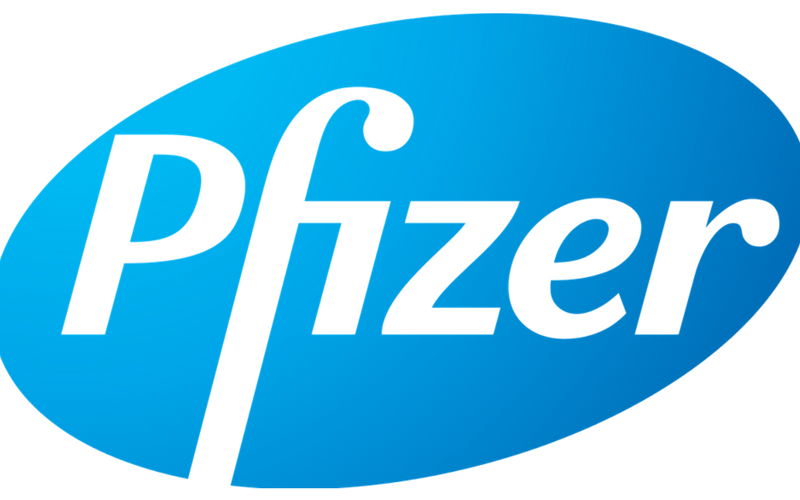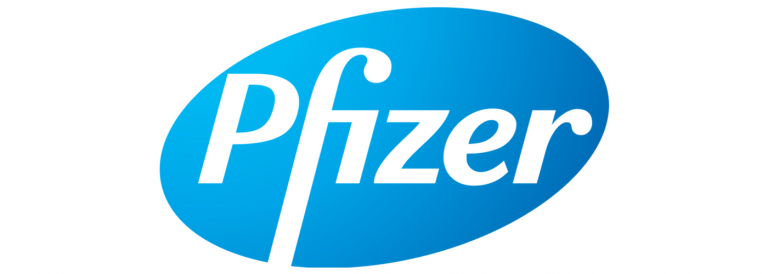We’ve just heard that Pfizer is halting clinical trials of domagrozumab for Duchenne muscular dystrophy after it failed to show effectiveness in a phase 2 clinical trial.
Domagrozumab is an engineered protein (called a monoclonal antibody) that can prevent the myostatin protein working properly. Myostatin limits muscle growth in the body, and researchers hope that inhibiting myostatin could increase the muscle mass in people living with Duchenne.
Pfizer recently completed analysis of data from a phase 2 trial that was designed to show whether domagrozumab was safe and effective. 121 boys and young men aged 6 to 15 received either domagrozumab or a placebo for 1 year, and there was no difference in the time it took trial participants in the 2 groups to climb 4 stairs – the primary measurement that the trial used.
The results of other tests performed during the trial have also been analysed. These included the Northstar ambulatory assessment, 6 minute walk test, muscle strength tests and lung function tests. Again, no difference was observed between the participants who received domagruzumab and placebo.
We know that this will be disappointing news to families, but the nature of drug development unfortunately means that not all potential drugs will prove to be effective in clinical trials. Pfizer have said they will continue to analyse the trial data and we look forward to seeing it published in a peer-reviewed scientific journal.
It’s important to say that domagrozumab is not the only potential myostatin inhibitor in clinical trials and this announcement will not affect the early-stage trials being undertaken by Roche in the USA and Canada. We’ll be watching those trials with interest and will bring developments as they happen.
Find out more
- If you are taking part in the trials, your trial centre will be able to provide further information
- Contact Neil Bennett, Director of Research, to find out more on 020 7250 8240
- Book tickets for the Action Duchenne Conference
- More about potential therapies for Duchenne



 Redefining ‘normal’ – disability from a sibling’s perspective
Redefining ‘normal’ – disability from a sibling’s perspective
